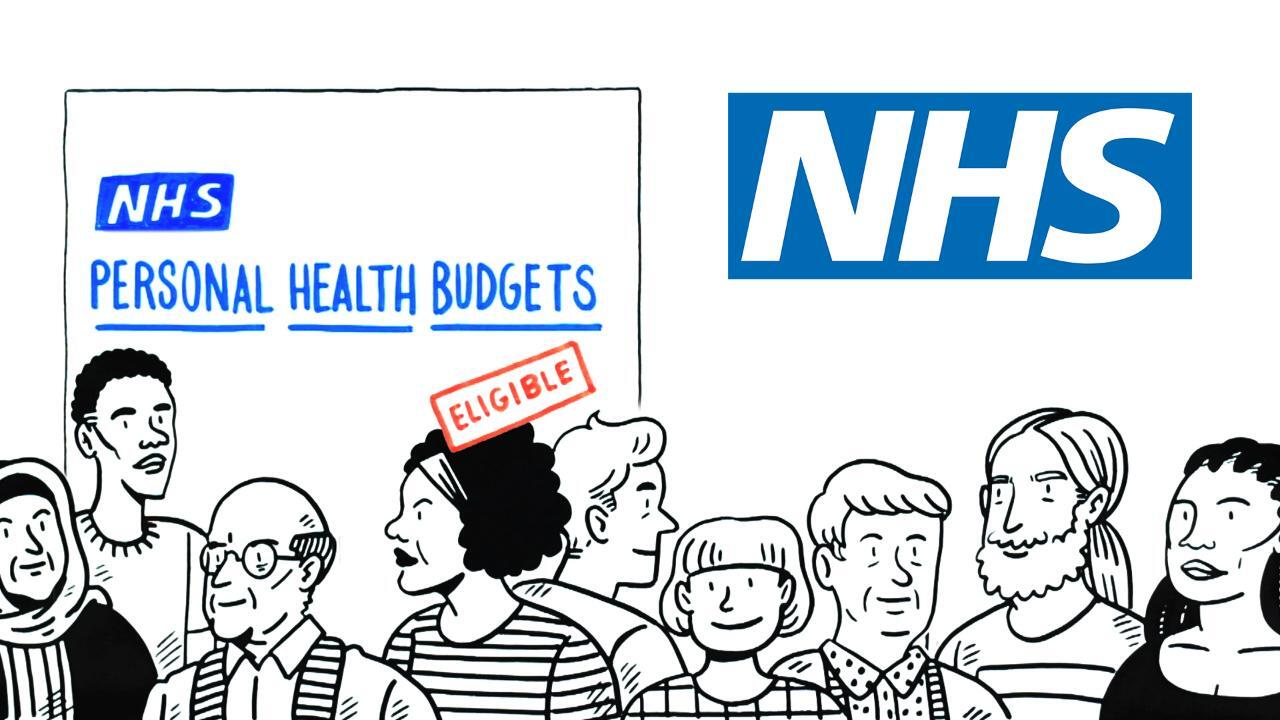
“Individual health budget”: the Italian experience working towards giving voices and sharing power with service users
Involve works within a framework where public social services are at the centre in impacting into people lives and ultimately views, in particular vulnerable people’s views into institutions, participation and ultimately democracy. The project operates on the assumption that health and social services that really listen to citizens are needed to improve people’s well-being and at the same time are needed to strengthen trust in society.
The theoretical and methodological reflections developed by CNCA on projects related to the experimentations of “budget di salute – (that could be translated as Flexible Health Budgets)” within health and social services in Italy fit well within the Involve framework of reasoning.
Experimentations on Individual Health Budget in Italy refer to interventions within a number of health and social services aimed at introducing elements of meaningful involvement of people with social and heath issues in the way in which services are organised for them, which have been applied to the some health sectors. The final aim of IHB is that of effectively planning and using economic and human resources in services by providing for “flexible budgets” aimed at supporting a person in contact with health and social services to activate a process of overall personal development and empowerment. This also has an impact on the way in which any health or social service is planned, managed and evaluated, as it must adapt to other life needs and be aimed at promoting the greatest possible autonomy of the person.
The World Health Organization defines health as “a state of complete physical, mental and social well-being and not merely the absence of disease or infirmity.”. It therefore strives towards processes that enable people to increase control over their health and improve it, enhancing their personal and social resources. In the model inspired by the Flexible Health Budget, the economic, professional, human and relational resources put in place by the social services are activated in a coordinated manner among each other and with people individual resources and other support which can be drawn from local communities, in order to build, with the protagonism of the person accessing the service, a project of change aimed at improving the living conditions of the person, promoting a process of capacitation.
A number of CNCA organisations working in different field of social intervention have developed and used a pilot toolkit aiming at empirically implementing the ideas beyond the Flexible Health Budget beyond the typical boundaries of this type of intervention (mental health and disability) to other sectors and giving value to an approach centred on people and the communities. The toolkit is a grid through which a social worker in a service can interact with a service user on four main dimensions recognized as fundamental for people’s well-being: housing, work (training), social relationships, care and health. Common objectives run through the different dimensions according to the actual needs of the services user which is encouraged to use them. Using the tool, social workers involved in the project have acted as mediators of citizenship rights with particular attention to the effective participation of the service users in social life and to the development of their own political and social role in the community.
The experiments so far has lead to a number of initial considerations and reflections on the added value of the toolkit.
Social workers involved in its use have been exposed to an approach that makes the best use of users’ personal resources and puts them in dialogue with a wide range of institutional and informal resources which can be found within local communities.
The limits of the current fragmentation of human and economic resources in public services were noted. IHB have on the contrary allowed to pursue strong territorial alliances between different actors which need to interact: the beneficiaries at the centre, public services, the Third Sector organisation providing services, associations and the local community, with the aim of concretely reconnecting social skills with health skills. Awareness has been raised among these actors, that inhabit the local community, as fundamental elements to address prejudices and resistance and build concrete opportunities for housing, work and social inclusion. There is in this a political-cultural dimension in a broad sense which stems from the belief that everyone has benefits in living or working in an inclusive community in which the social bonds between people are significant.
Considering the recent political debate in Italy about the possible introduction of IHB within the programming of heath and social resources, the hope is to be able to further advocate for research and piloting of this method, which is also particularly relevant within some of the policy areas where Italy committed to innovation in service delivery in the framework of the implementation of the Italian Recovery and Resilience Plan agreed with the European Commission.
In the course of 2024, CNCA will organize a number of workshops with members and organisations interested to purse the dialogue on this instrument.
Adaptation of an article by Davide Motto and Hassan Bassi.
For more information contact hassan.bassi@cnca.it
